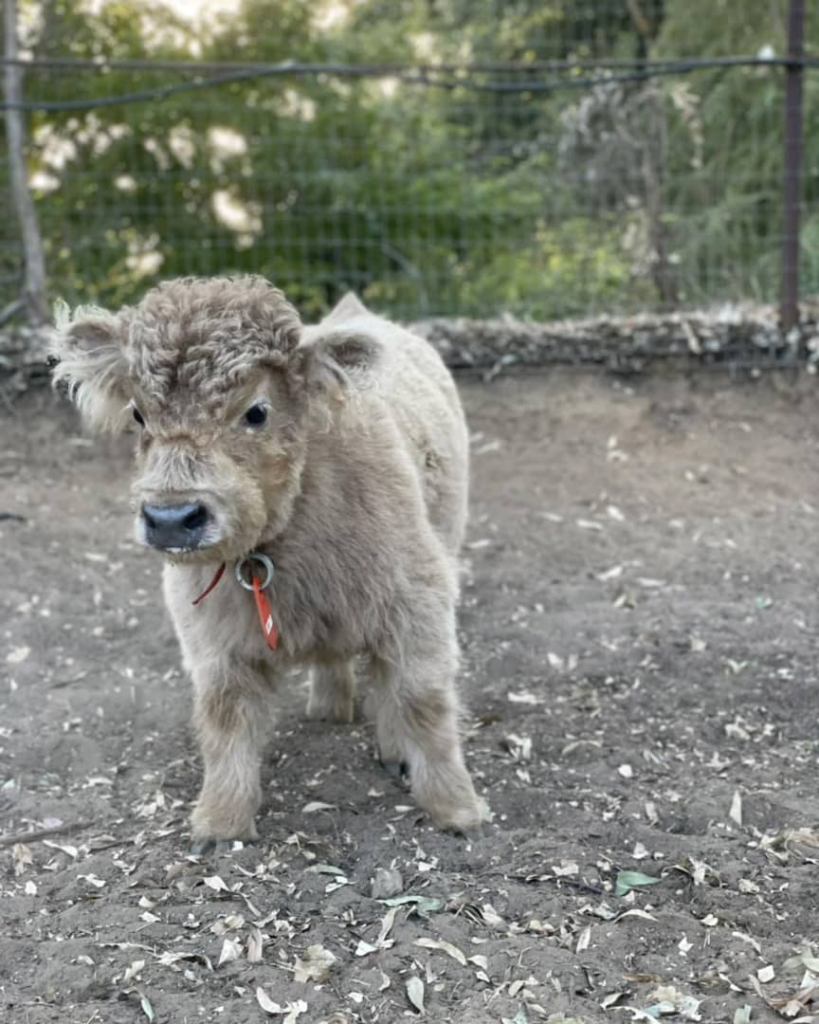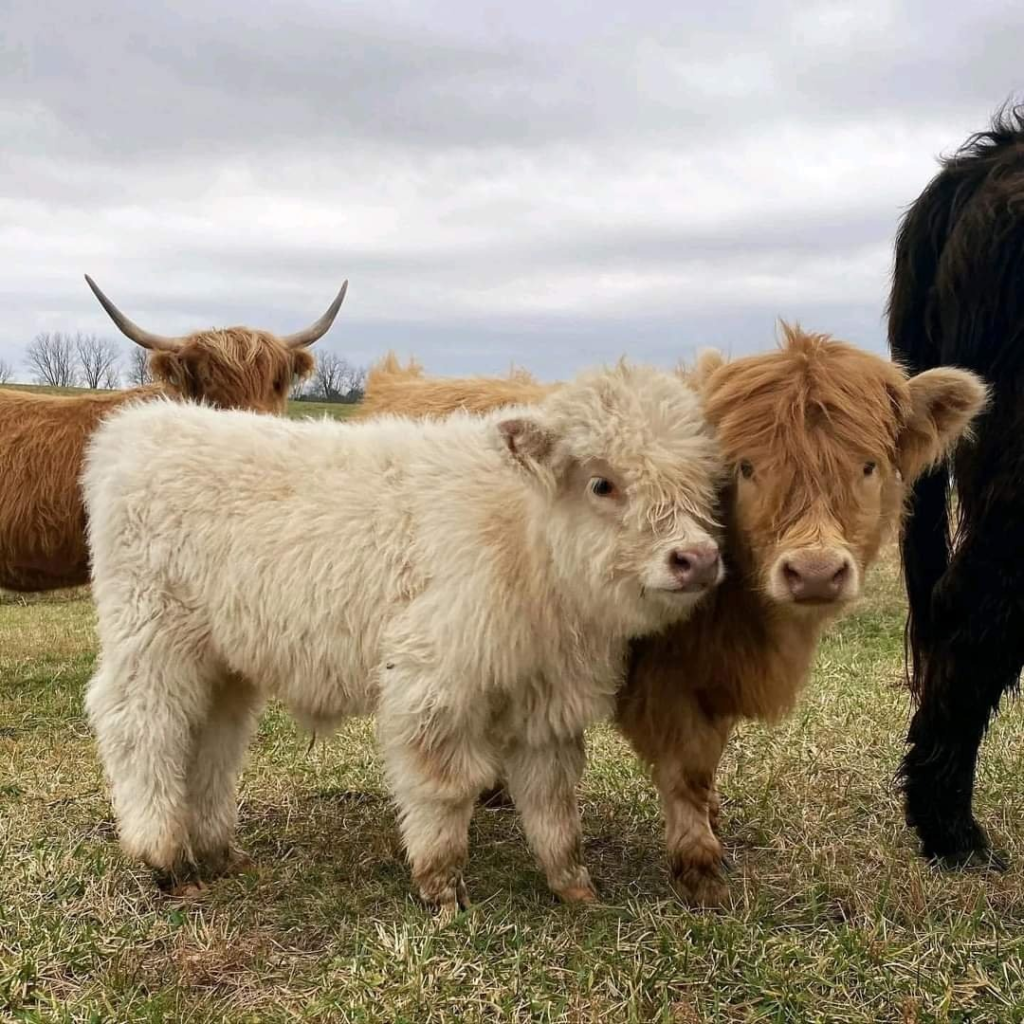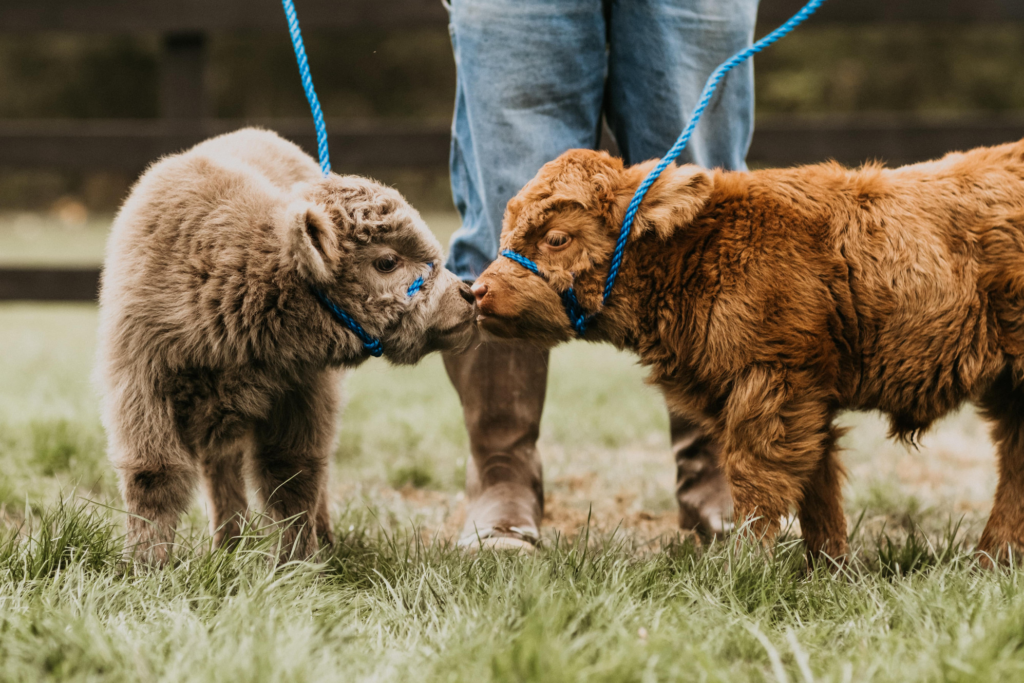Mini Cow Uses: Benefits and Advantages for USA Homesteaders
Exploring mini cow uses? Miniature cows, especially Highland minis, offer versatile benefits for USA homesteaders, from milk production to companionship. This guide covers mini highland cow uses, benefits of mini cows, miniature cow advantages, and why raise mini highland cows, highlighting their value for small farms. Discover how mini cows enhance sustainability and lifestyle. Start your mini cow journey with purpose.
Table of Contents
- Why Mini Cow Uses Matter
- Mini Cow Uses Overview
- Mini Highland Cow Uses
- Benefits of Mini Cows
- Miniature Cow Advantages
- Uses Comparison Table
- Tips for Raising Mini Cows
- Frequently Asked Questions
Why Mini Cow Uses Matter
Mini cow uses make these animals ideal for homesteaders seeking sustainable livestock. Mini cows, weighing 500–1100 lbs, produce milk, beef, or serve as pets, fitting small USA farms. Their versatility supports self-sufficiency, reducing reliance on commercial products, per the USDA. The American Highland Cattle Association highlights their low maintenance compared to standard cattle. Understanding their uses helps you align them with your homesteading goals. Learn more about mini cows on our about page.

Mini Cow Uses Overview
Practical Applications
Mini cow uses include dairy, meat, and companionship. Mini cows produce 1–3 gallons of milk daily, ideal for small households, per Penn State Extension. Their lean beef suits homesteaders seeking local meat, with a single cow yielding 200–400 lbs. They’re also pets or show animals, popular in 4-H programs. Mini cows’ small size makes them manageable for beginners, a benefit noted on Reddit’s r/homesteading.
Additional Uses
Some homesteaders use mini cows for light draft work, like pulling carts, or as lawnmowers for natural weed control. Their manure fertilizes gardens, enhancing sustainability.
Mini Highland Cow Uses
Specific Applications
Mini highland cow uses mirror other minis but shine in aesthetics and resilience. Why raise mini highland cows? Their shaggy coats make them show favorites, while their milk (1–2 gallons daily) is rich for cheese-making. Their beef is lean and flavorful, yielding 200–350 lbs per cow, per the American Highland Cattle Association. As pets, their docile nature suits families. They thrive in diverse climates, from Michigan to Texas.
Unique Appeal
Mini Highlands’ photogenic look boosts social media popularity, attracting farm visitors. Their hardiness reduces care needs, making them versatile for homesteaders. Read owner stories on our testimonials page for use insights.

Benefits of Mini Cows
Economic Benefits
Benefits of mini cows include lower feed costs ($300–$800 yearly) compared to standard cattle ($800–$1500), per the USDA. They require 1–2 acres vs. 3–5 for larger breeds, saving land costs. Calves sell for $2,000–$7,000, offering income potential. Their small size reduces fencing and shelter expenses ($500–$3,000), per Penn State Extension. Mini cows are a cost-effective livestock option.
Environmental Benefits
Mini cows produce less methane and require less pasture, lowering environmental impact. Their grazing habits improve soil health, a sustainability perk noted on Reddit’s r/homesteading.
Miniature Cow Advantages
Practical Advantages
Miniature cow advantages include ease of handling due to their 36–48-inch height and gentle temperament. They’re ideal for small farms or urban-adjacent areas with zoning limits, per the USDA. Their 12–20-year lifespan ensures long-term productivity, per the American Veterinary Medical Association. Mini cows need less vet care than larger breeds, saving $100–$400 yearly. They’re beginner-friendly, appealing to new homesteaders.
Social and Aesthetic Advantages
Their cute appearance drives social media engagement, boosting farm visibility. Mini cows foster community through 4-H or farm tours, enhancing homesteading lifestyles.

Uses Comparison Table
| Breed | Main Uses | Output | Benefits | Best For |
|---|---|---|---|---|
| Mini Highland | Milk, beef, pets, shows | 1–2 gal milk, 200–350 lbs beef | Hardy, aesthetic | Small farms, pets |
| Mini Dexter | Milk, beef | 1–2 gal milk, 250–400 lbs beef | Dual-purpose | Multi-use farms |
| Mini Jersey | Milk | 2–3 gal milk | High milk yield | Dairy homesteads |
| Micro Highland | Pets, shows | Minimal milk/beef | Cute, low space | Pet owners |
Tips for Raising Mini Cows
Maximizing Uses
Why raise mini highland cows? Choose Mini Highlands for versatility and marketability, working with ethical breeders like those at Rolling 7 Mini Highlands. Use their milk for homemade dairy or sell beef locally to offset costs ($500–$1,000 yearly). Train them for shows or pet roles to engage communities, per Penn State Extension. Plan for 1–2 acres and proper care to maximize benefits. Contact us for raising advice.
Community Engagement
Share your mini cow journey on social media with hashtags like #MiniCowBenefits to attract interest. Join homesteading groups for tips, as suggested on Reddit’s r/homesteading. Host farm tours to educate others.

Frequently Asked Questions
What are mini cow uses?
Mini cows are used for milk, beef, companionship, shows, or light draft work.
What are mini highland cow uses?
They provide milk, lean beef, serve as pets, or star in livestock shows.
What are the benefits of mini cows?
Lower feed costs, less land needed, income from calves, and environmental sustainability.
What are miniature cow advantages?
Easy handling, long lifespan, suitability for small farms, and social media appeal.
Why raise mini highland cows?
Their hardiness, aesthetic appeal, and versatile uses suit sustainable homesteading.
How do mini cows support sustainability?
They use less land, produce less methane, and improve soil with grazing.
Are mini cows good for beginners?
Yes, their small size and gentle temperament make them ideal for new farmers.
Conclusion
Understanding mini cow uses, mini highland cow uses, benefits of mini cows, miniature cow advantages, and why raise mini highland cows highlights their value for USA homesteaders. Mini cows offer practical and sustainable solutions for small farms. Start with ethical practices for a rewarding experience. Visit our contact page or read stories on our testimonials page.
Sources
- American Highland Cattle Association: https://www.highlandcattle.org/
- USDA: https://www.usda.gov/
- Penn State Extension: https://extension.psu.edu/
- Rolling 7 Mini Highlands: https://www.rolling7minicattle.com/
